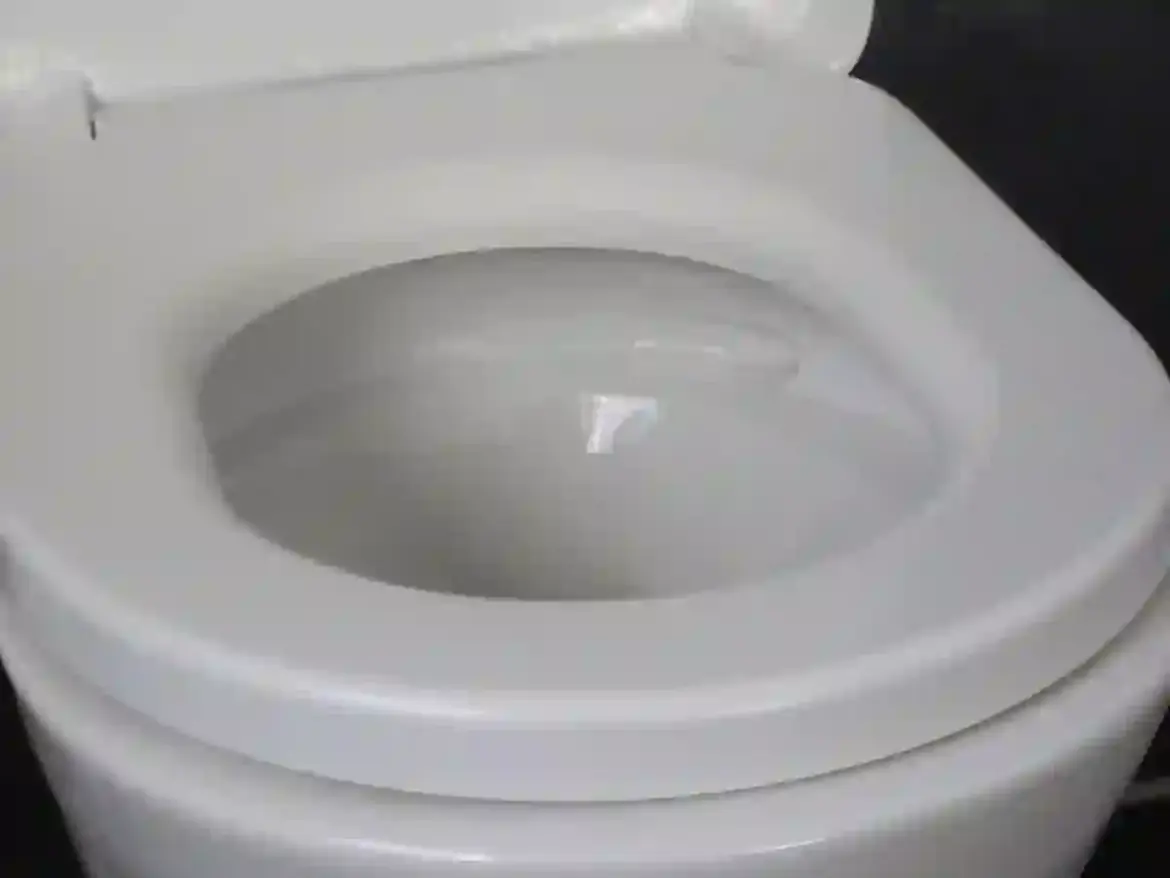We all notice changes in our bodies from time to time, and cloudy urine is one of those little signals your body might be sending.
While it’s often harmless, it can sometimes point to more serious health issues like kidney disease, diabetes, or infections.
Knowing when to relax and when to call a doctor can save you from bigger problems later.
What Healthy Urine Should Look Like
Typically, urine should be clear and light yellow — a good sign of proper hydration and kidney function.
According to Dr. Robert Shmerling from Harvard Health Publishing, cloudy urine is relatively common and usually not a major concern.
However, it’s important to recognize when it might indicate something more serious.
Common Reasons for Cloudy Urine
Cloudy urine can stem from a variety of causes, some minor and some more concerning. Here’s a quick breakdown:
| Cause | Key Features | Additional Symptoms | Risk Level |
|---|---|---|---|
| Dehydration | Dark, concentrated urine | Thirst, dry mouth | Low |
| Urinary Tract Infection | Leukocytes or blood in urine | Pain, frequent urination | Medium |
| Diabetes | Sugar in urine | Fatigue, excessive thirst | High |
| STDs (gonorrhea, chlamydia) | Cloudiness in both sexes | Itching, discharge | Medium |
| Kidney Disease | Protein or crystals | Back pain | High |
| Prostate Problems | Blood or white cells | Difficulty urinating | Medium |
| Medications | Changes in color or consistency | None | Low |
Simple Steps to Check Yourself
Before panicking, there are some easy steps you can take:
-
Drink water – Sometimes proper hydration clears cloudy urine quickly.
-
Observe – If it clears within 24 hours, it may just be normal.
-
Repeat symptoms? – If cloudiness comes back, it’s time for a urine test.
-
Seek help if serious symptoms appear – Blood, pain, or fever warrants medical attention.
-
Check medications – Some can change urine appearance; don’t stop them without consulting a doctor.
Common Mistakes and Smarter Alternatives
-
Ignoring cloudy urine with pain can lead to kidney infections. The better move is to see a urologist early.
-
Relying only on water might hide conditions like diabetes or STDs. Lab tests are safer.
-
Stopping medications on your own could worsen your health. Always discuss alternatives with your doctor.
When to Worry About Cloudy Urine
Occasional cloudiness is often harmless and can result from diet or a temporary shift in urine pH.
But repeated episodes — especially with discomfort, blood, or other symptoms — should be evaluated by a healthcare professional.
Self-Monitoring vs Professional Medical Care
| Approach | Pros | Cons |
|---|---|---|
| Self-Monitoring | Helps identify links with hydration and food | Risk of missing serious illness |
| Medical Consultation | Reliable diagnosis | Time and cost |
| Urine Tests | Affordable and informative | May not reveal cause immediately |
Common Questions Answered
-
How to tell dehydration from illness? Dehydration usually improves with fluids; infections or diabetes come with additional symptoms.
-
When to see a doctor? If cloudiness lasts more than 24 hours or comes with blood or pain.
-
Are home urine tests reliable? They give a rough idea but lab analysis is needed for accurate diagnosis.
Myths and Facts About Cloudy Urine
-
Myth: Cloudy urine always means infection.
Fact: It could just be dehydration or diet-related. -
Myth: Men don’t get cloudy urine.
Fact: Prostate issues and STDs can cause cloudiness. -
Myth: If it clears in a day, everything is fine.
Fact: Recurring episodes should still be checked.
How Lifestyle Can Affect Urine
Stress, lack of sleep, and chronic fatigue can impact kidney function and fluid balance, which may affect urine appearance.
Small changes in diet or lifestyle can sometimes explain temporary cloudiness.
Fun Facts About Urine
-
Urine color and clarity can change up to five times a day depending on diet.
-
Vegans often have cloudy urine due to higher alkaline pH.
-
The average person produces around 1.5 liters of urine daily.
A Look Back in History
Ancient physicians often used urine to diagnose illness. Hippocrates described “milky” urine as a sign of inflammation.
Today, urinalysis is still one of the most common diagnostic tools worldwide.
Key Takeaway
While cloudy urine is often harmless and linked to dehydration or diet, it can sometimes signal kidney problems, diabetes, or infections.
Paying attention to your body and seeking timely medical advice can help prevent serious health issues.
